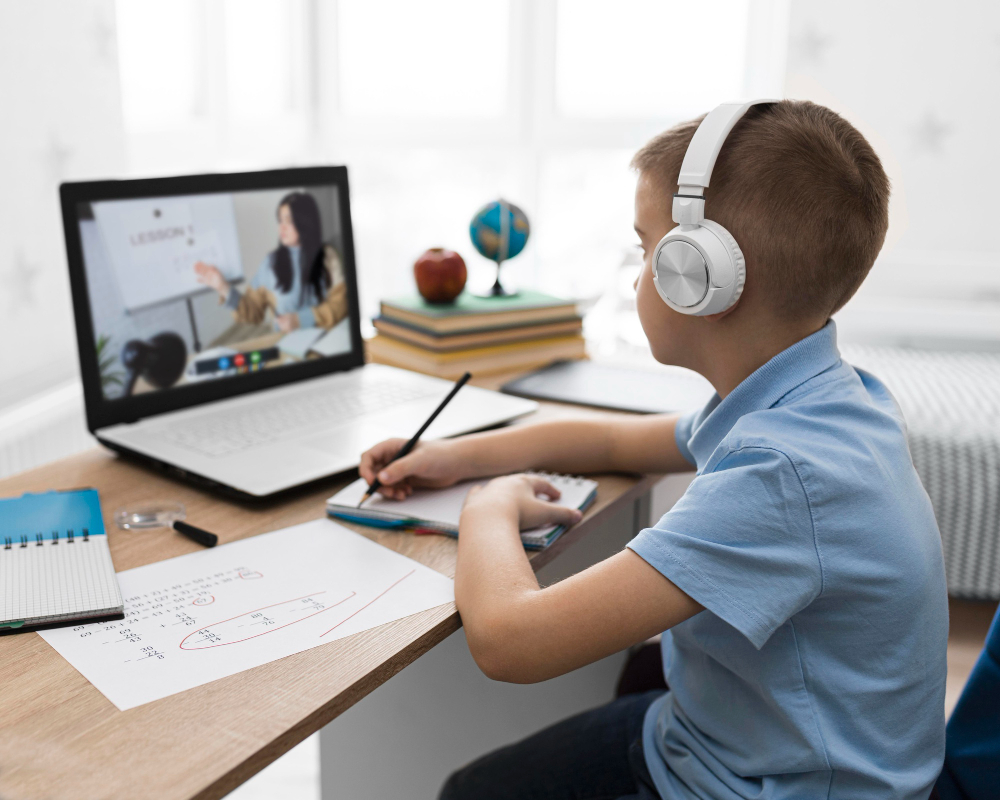In today’s fast-paced digital world, understanding the language of computers has become as essential as reading and writing. Introducing programming to children at the primary school level is no longer a luxury it’s a necessity. Teaching coding early equips children with valuable skills that go far beyond the screen.
1. Fostering Problem-Solving and Logical Thinking
Programming teaches children how to break down complex problems into smaller, manageable steps. As they learn to code, they develop logical thinking, critical reasoning, and problem-solving skills. These abilities are useful not just in computer science but in all areas of life and education.
2. Encouraging Creativity and Innovation
Many see coding as technical, but it’s also deeply creative. With code, students can build games, animations, stories, and apps turning their imagination into reality. This creative process empowers children and shows them they can be inventors, not just consumers of technology.
3. Building Confidence and Persistence
Coding challenges often require trial and error. When children debug their code and try different solutions, they build resilience and perseverance. These experiences help them understand that failure is part of learning and that persistence leads to success.
4. Preparing for Future Careers
Digital skills are becoming a core requirement in the modern workforce. While not every child will become a programmer, basic coding knowledge opens doors to a wide range of careers in science, technology, engineering, arts, and mathematics (STEAM). Early exposure sets a foundation for future studies and opportunities.
5. Promoting Digital Literacy
As technology becomes more embedded in daily life, digital literacy is essential. Understanding how computers work helps children use technology more effectively, responsibly, and safely. Coding helps demystify digital tools, giving students a better grasp of how the digital world operates.
6. Inclusion and Equal Opportunities
Teaching programming in primary schools ensures that all children regardless of gender, background, or location have access to the same opportunities. This can help close the digital divide and encourage more diversity in the tech field.
Introducing programming in primary education is about more than teaching children how to write code it's about equipping them with a mindset and a set of skills that will help them thrive in a digital world. As the demand for digital skills grows, early programming education will play a crucial role in shaping confident, creative, and capable problem-solvers of the future.



